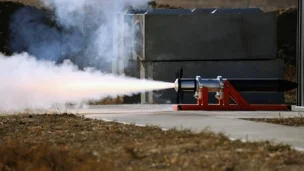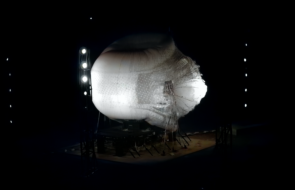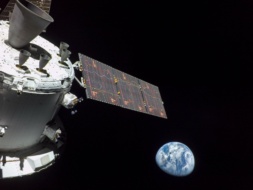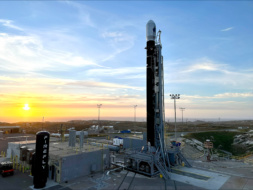A Viasat ($VSAT) communications satellite has malfunctioned, the company announced Thursday, marking the second such failure within the span of a month.
This time, the issue is with a new member of the Inmarsat fleet, which Viasat acquired in May. The I6 F2 satellite launched in February as a backup, providing spare L-band and Ka-band capacity “consistent with deploying and operating a resilient, redundant network,” CEO Mark Dankberg said in a statement. The Airbus-made satellite suffered a power failure while on its way to its planned orbit and never began service.
The company emphasized that the power issue won’t interfere with existing services or impact its revenue prospects for the year. Still, it’s looking unlikely that it’ll be able to salvage the satellite.
Flashback: In mid-July, Viasat announced that the $750M Viasat-3 Americas satellite had failed to deploy a reflector—a malfunction that would keep it from performing to its full capacity. The company’s shares dropped >28% in one day, the largest single-day loss in the company’s history, and its price has not yet recovered.
Viasat is still investigating the issue with the satellite, but the forecast isn’t looking good.
Market check: Viasat revealed news of the I6 F2 malfunction on Thursday. Since then, $VSAT is down ~6%.




